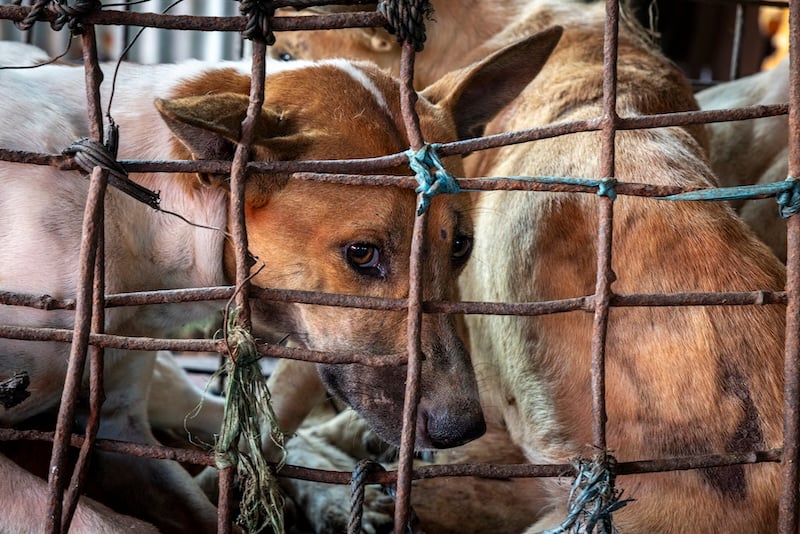In a refugee camp in the desert of Algeria, an inventive and industrious man is helping his community turn waste plastic bottles into homes.
In the desert, conditions are brutal. Heavy rains, sandstorms, and widely varying temperatures (up to 122 degrees Fahrenheit during the day and below freezing at night) make survival a challenge.
But 90,000 Sahrawi refugees live there, and they usually reside in homes that are either tents or adobe mud brick — both exceedingly vulnerable to the elements. In 2015, torrential rains caused flooding and ruined 17,000 homes and over half of the community’s infrastructure.
Tateh Lehbib Breica is a Sahrawi refugee living at the camp in Tindouf, Algeria. He studied renewable energy and has a master’s degree in energy efficiency. So far, he has built 26 houses using plastic bottles, straw, earth, and cardboard. The houses make use of bottles that have been discarded, which are 20 times more resistant and markedly cheaper to construct than adobe. The houses also keep cooler inside because they have design features such as a round shape, a double layer roof, and two windows at different heights to allow for better ventilation. In contrast, adobe houses have heavy zinc roofs, which conduct heat and can crush inhabitants if they collapse.
Breica’s houses make use of about 6,000 bottles that would likely otherwise end up in landfills. And that’s great, because plastic waste is a huge issue (and probably much worse than we think).
Across the world, a million plastic bottles are sold a minute, and over 90% of them are not recycled. A plastic bottle takes hundreds of years to decompose, and may never break down completely. It’s estimated that by the year 2050, 99% of sea birds will have plastic in their gut because our waste ends up in the oceans (if you eat seafood it is likely that plastic ends up in your gut as well).
Breica is doing amazing work for his community and the environment, and is an extreme demonstration of ingenuity and resourcefulness in adverse conditions. His work is being supported by the United Nations Agency for Refugees (UNHCR).







